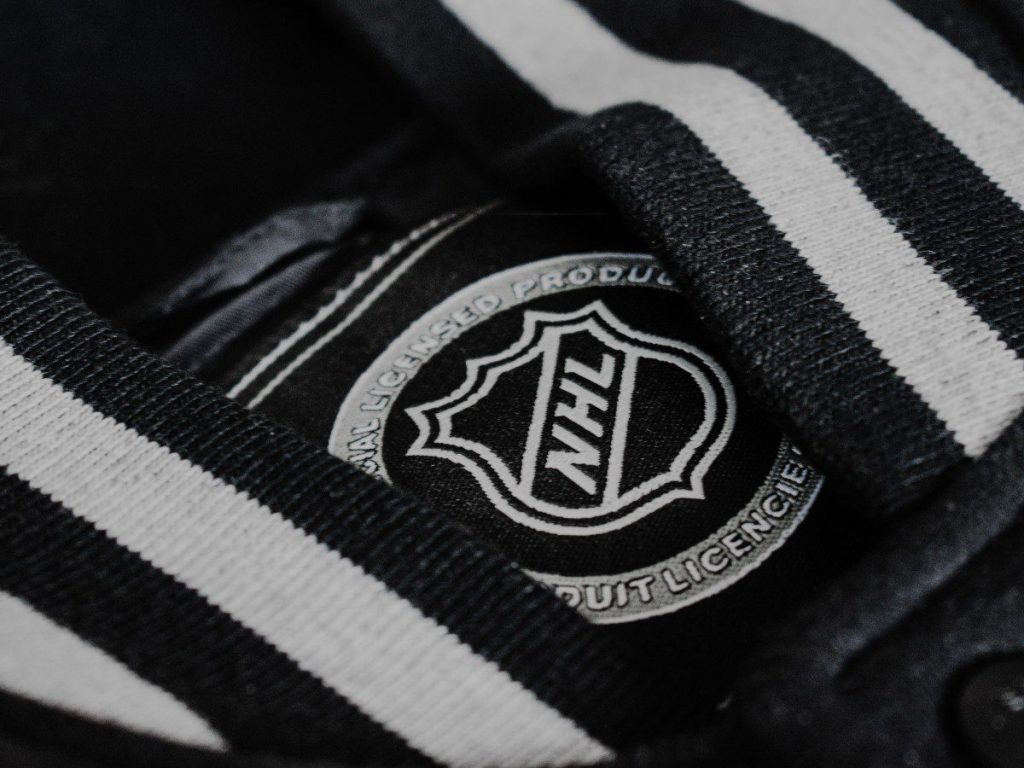
There has been a growing presence of cryptocurrency and NFTs in sport in recent years.
Shorts – Top 05 Metaverse Blockchai…
Please enable JavaScript
Whether that’s collecting unique NFTs – a digital download – or choosing a crypto casino to play from cryptocasinos247.com, it’s clear there is a market for these tokens.
We look at some of the deals in hockey currently.
High profile sponsorships
The NHL has one of the most high profile crypto sponsorships, with the home of the Los Angeles Kings known as the Crypto.com Arena.
They secured naming rights in December 2021, meaning the venue changed from being known as the Staples Centre, in a 20-year deal worth an eye-watering $700m.
The company claims to have more than 10 million customers and employs more than 2,600 people.
The deal made the brand an official cryptocurrency platform partner of the Kings, plus NBA side Los Angeles Lakers.
The same brand has also forged major deals with Montreal Canadiens and the International Ice Hockey Federation.
New Jersey Devils signed up a fans token partner, as they sought to integrate blockchain technology with their fan engagement and monetisation strategies. Fan tokens have been the most obvious way of clubs jumping on the bandwagon.
The first NHL team to accept crypto payments
San Jose Sharks became the first NHL team to accept crypto for payments, enabling fans to purchase season tickets, hospitality and sponsorships.
President Jonathan Becher said: “We’re accepting PayPal, so then by definition, we’re accepting cryptocurrency. Why not embrace it and make it more visible as opposed to just doing it through a third party?”
When launched, they said over time they would look to include single-match tickets, food/drink and merchandise.
Betting using crypto
Betting is a major part of sports these days, and there’s even a way of that intertwining with crypto. There are crypto sportsbooks, that enable you to bet cryptocurrency on NHL markets to grow your wallet, in the same way that you would with regular pounds or dollars.
The most common betting markets in hockey are the straight moneyline, backing who will win a match; handicapping a result to a certain number of goals or the total goals in the match.
Collectibles
Hockey cards and figures have been extremely popular for many years. The presence of NFTs in the market provide a modern way of collecting. An example is Hockey Heroes, which is a release of 3000 unique and rare hockey cards, including 111 legendary ones. They are stored on blockchain and fans are able to buy them. The first season will come up with rare assets, such as golden helmets and sticks.
An NFT, which stands for ‘non-fungible token’ is data that sits within a digital ledger and it is unique. Whoever purchases an NFT is the sole owner of that unique piece of ‘art’.
The NHL launched its own official NFT Digital Collectibles Marketplace for the start of the 2022/23 season.
NHL executive vice president of business development and innovation, Dave Lehanski, said: “I think it’s fair to say that this is one of the largest licensing deals we’ve done in league history. So it is very lucrative. And we think that there’s also huge upside going forward.
“Building NFTs and digital collectibles that are really cool, have great design and are scarce and have collectible value is absolutely important, but we’re also thinking about what’s the utility beyond that and about how [digital collectibles] plug into the broader fan experience and what that means for the NHL.”
The official digital collectibles included videos from the current season, as well as archive footage featuring the likes of legends Wayne Gretzky, Sidney Crosby and Mario Lemieux.
One of the biggest NFT collections in the NHL was the LA Kings NFT launched to celebrate their return to the play-offs in 2022.
Making payments to players?
An article in The Hockey News last year asked the question whether crypto could be the future for hockey contracts, citing the difficulties and delays in making international payments, particularly for American players playing in Europe.
The story of former New York Rangers prospect Danny Kristo, who played for multiple teams in Europe, but could only access his Swedish bank account if he turned up in person, is perhaps the best example of this. There’s also the fact that fees can be charged for making withdrawals of money in different currencies.
One idea originating from a cryptocurrency token provider, was that players could use it as an international banking provider to receive payment for playing in an efficient manner.
It’s clear that crypto and other modern currencies are going to evolve over time and become more commonplace within traditional markets. Whether hockey and the NHL in particular, can maximise the commercial opportunities of it remains to be seen.






